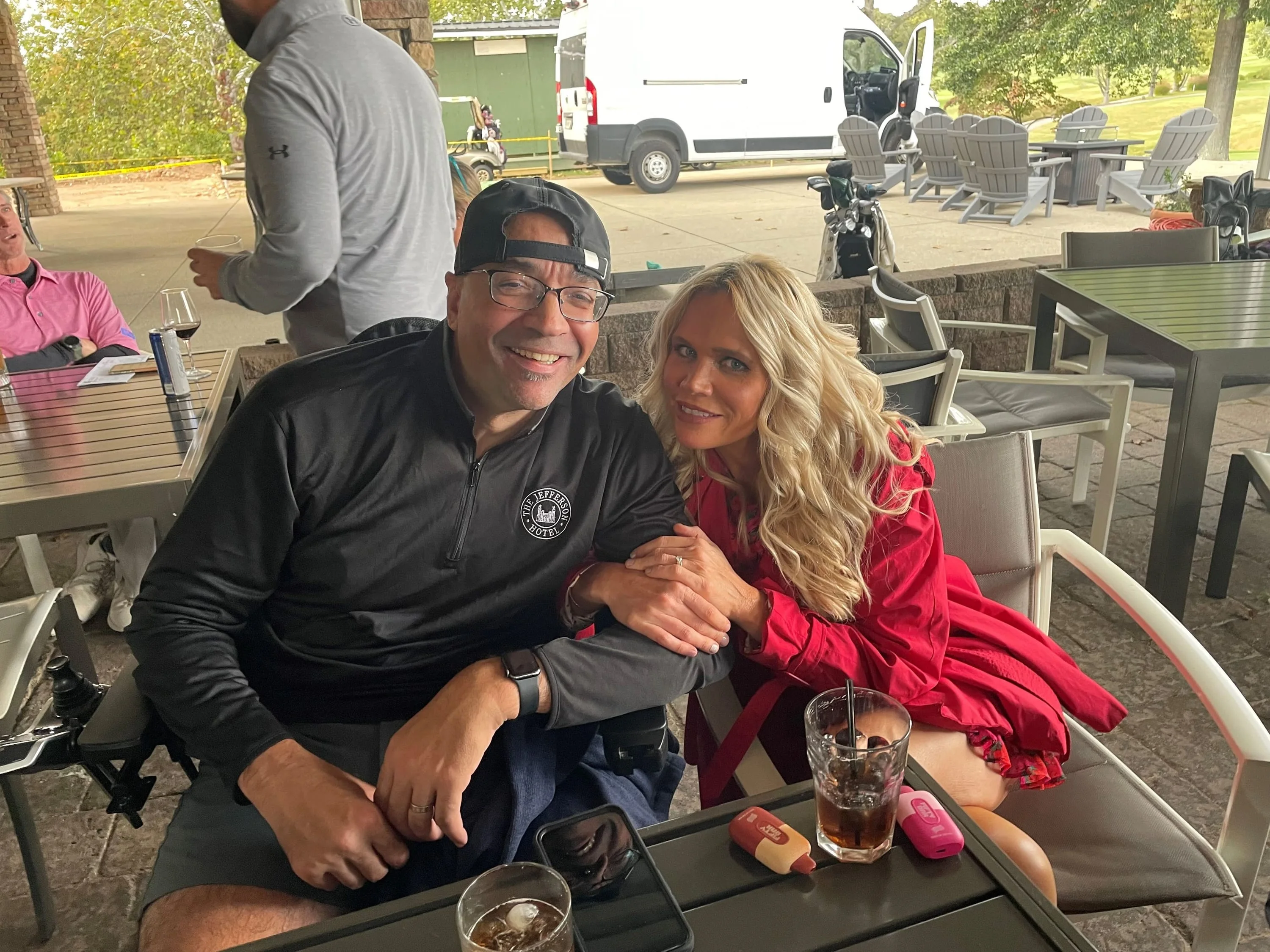On November 18, 2020, members, Drannon L. Adkins and Wendy E. Greve, received an historic decision in Fields v. Mellinger, et al. The Supreme Court was addressing a certified question from the United States District Court for the Southern District of West Virginia on whether the State of West Virginia would recognize a private right of action for money damages for violations of Article III, Section 6 of the West Virginia Constitution. That constitutional provision mirrors the Fourth Amendment. Prior to this decision, it was an open question as to whether a plaintiff could seek money damages for alleged violations of the State Constitution.
Plaintiff argued that the Court should create a private right of action for monetary damages under Article III, Section 6 under the reasoning announced in the U.S. Supreme Court’s decision in Bivens v. v. Six Unknown Federal Narcotics Agents, 403 U.S. 388 (1971), in which the Court implied a direct cause of action for constitutional violations against federal officers. Plaintiff also argued that the Restatement of Torts provided justification for creation of a new cause of action.
On behalf of our clients, we asserted that Bivens has been severely curtailed in the 40 years since its decision, and is now considered “disfavored.” We further argued that Bivens was premised upon creation of a cause of action similar to what is permitted against non-federal officials under 42 U.S.C. § 1983. Additionally, we asserted that the State’s current common-law provides adequate remedies (such as assault, battery, and other common-law remedies) such that a new cause of action was not needed. Finally, we argued that because Article III, Section 6 is typically read in harmony with the Fourth Amendment, claims brought pursuant to 42 U.S.C. § 1983 for violations of the Federal Constitution also provide an adequate, alternative remedy.
After oral argument, the Court rendered it decision in an opinion authored by Justice Jenkins. The Court answered the certified question in the negative and determined that “West Virginia does not recognize a private right of action for monetary damages for a violation of Article III, Section 6 of the West Virginia Constitution.” The Court first looked at whether a private right of action comported with the intent of the framers of the West Virginia Constitution and found that there was nothing supporting the argument that the framers intended for Article III, Section 6 to provide a private cause of action. The Court next addressed the Bivens argument. The Court agreed that since the 1971 decision, the U.S. Supreme Court had been reluctant to expand Bivens and that several sister states had rejected Bivens arguments because of the availability of alternative remedies. This segued into a discussion of whether the common-law provides adequate remedies. The Court succinctly noted that “reasonable alternative remedies are available for a violation of Article III, Section 6 of the West Virginia Constitution.”
Justice Hutchinson concurred in the opinion reasoning that the Court should also look at the Restatement of Torts to determine whether legislative provisions (or constitutional provisions) imply a private right of action. Justice Hutchinson found that the Court’s conclusion would have also been the same even considering the Restatement.
Justice Workman issued a dissenting opinion.
The case was briefed and argued by member, Drannon L. Adkins. He and Wendy devote much of their practice to the defense of governmental entities and their employees. For more information about defense of claims against government entities, speak with an attorney at Pullin, Fowler, Flanagan, Brown & Poe, PLLC at 304-344-0100 or contact us online.



















